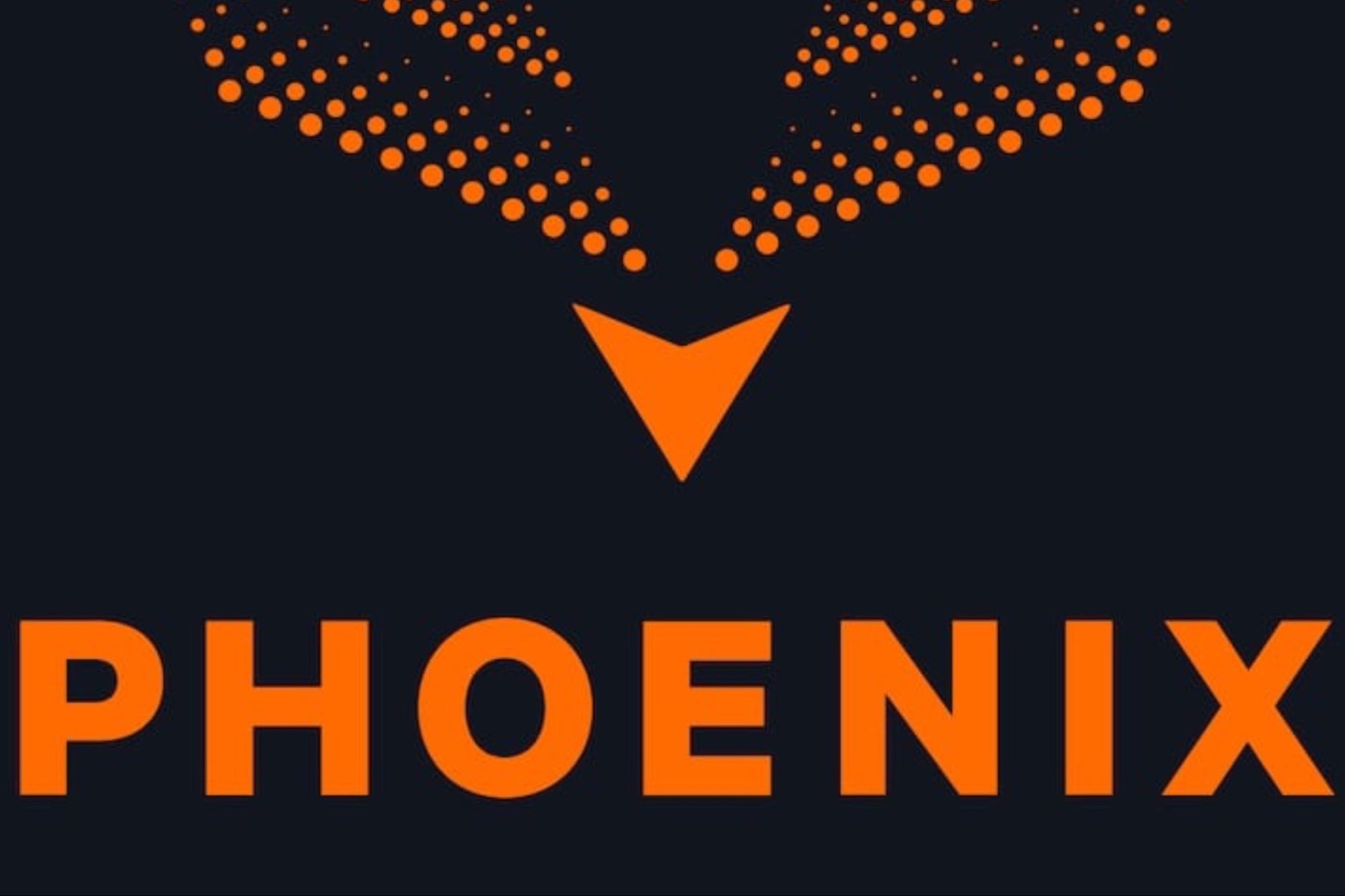In Defense Of Influencers: The Importance Of Protecting Your Personal Brand Who's going to defend the interests of the digital influencers?
Opinions expressed by BIZ Experiences contributors are their own.
You're reading BIZ Experiences Middle East, an international franchise of BIZ Experiences Media.
Who's going to defend the interests of the digital influencers? A recent BIZ Experiences Middle East article stresses the importance of legal contracts that protect brands when dealing with influencers. It argues that brands must demand full control, and be contractually clear that the influencer was hired to promote a positive image about the product. It sounds good at first glance, but as someone who has been working in the digital-marketing arena for years, I would ask: who's protecting the influencers?
I've worked with digital influencers since the birth of this sector. While at the Hollywood production company that made Despicable Me, we hired a wacky YouTuber in Hawaii named Ryan Higa. He came up with a slapstick skit incorporating Dave, one of the Minions. Tweens were obsessed with Higa, and his video got hundreds of thousands of views on its first day- big numbers for 2010. The film grossed $540 million globally. Having run a major brand's digital-marketing division, I am well aware of what brands are looking for -and worried about- when they hitch their reputation to an individual whose job is to grab eyeballs.
Now I'm based in Dubai, and I run a company that represents influencers and unites them with appropriate brands. What has struck me is that, especially in this region, influencers are often poorly utilized.
Related: Making Alliances Work For The Luxury Brand
Brands tend to forget that an influencer herself is, well, a brand. She is running a business, spending heaps of time and effort crafting a content strategy that attracts the thousands (or millions) of followers that make her so appealing to companies. I help the influencer grow that audience and make it more loyal and engaged. I do that by protecting influencers.
Protecting them from what? Advertisers. The money is tempting, but a single paid post that promotes the wrong brand to the wrong audience will cost an influencer thousands of followers and unquantifiable engagement and goodwill. And even if the brand is a good fit, strict corporate rules about "messaging" leave influencers sounding contrived. The audience notices, and no one wins.
Some brands understand this better than others. In less-developed markets, many brands don't understand that social media is not a platform for traditional advertising. Influencers are not anonymous commercial actors or glossy print models who happen to have followers- they're individuals with unique stories who have a relationship with their fans. That's why influencers are so powerful to begin with. Abuse that relationship, and it will disappear.
Related: The Digital Influencer: Travel Junkie Diary Founder Michelle Karam
Contracts are critical. They force a meeting of the minds between brands and influencers. Negotiating the contract allows both parties to discuss issues that may arise down the line, to everyone's benefit. But brands need to do their homework. Just because they hold the money doesn't mean they can call all the shots- or even that they should want to.
As for influencers, they too must do their homework. I tell my clients: understand the terms of engagement and how the brand is entitled to use your work. Study the fine print. Make sure their brand truly furthers your brand.
No deal is worth sacrificing your brand. That's a lesson that applies to my clients as well as to the companies that seek their influence.
Related: Let's Get Legal: Determining Contracts For Your Brand's Influencers











